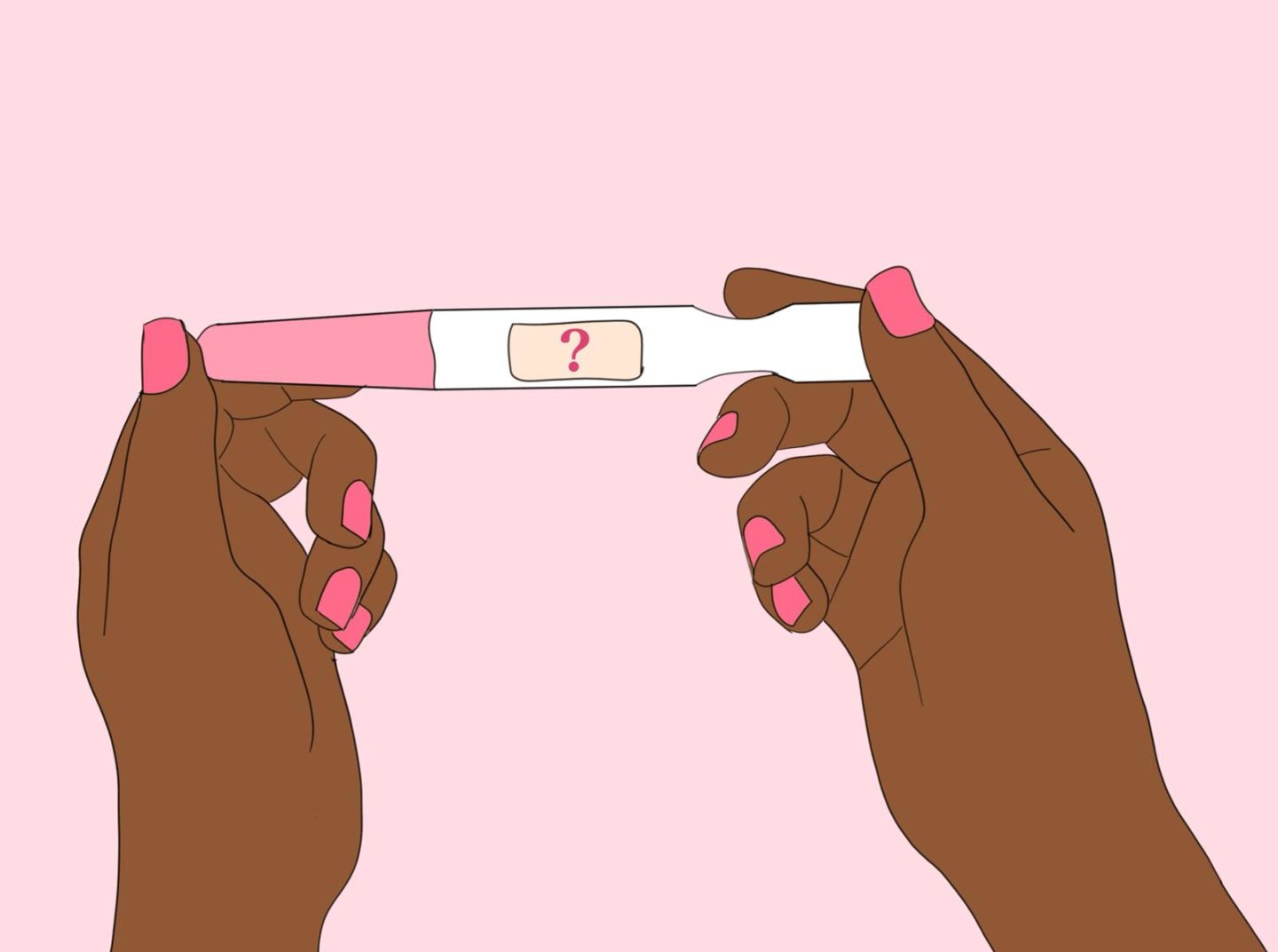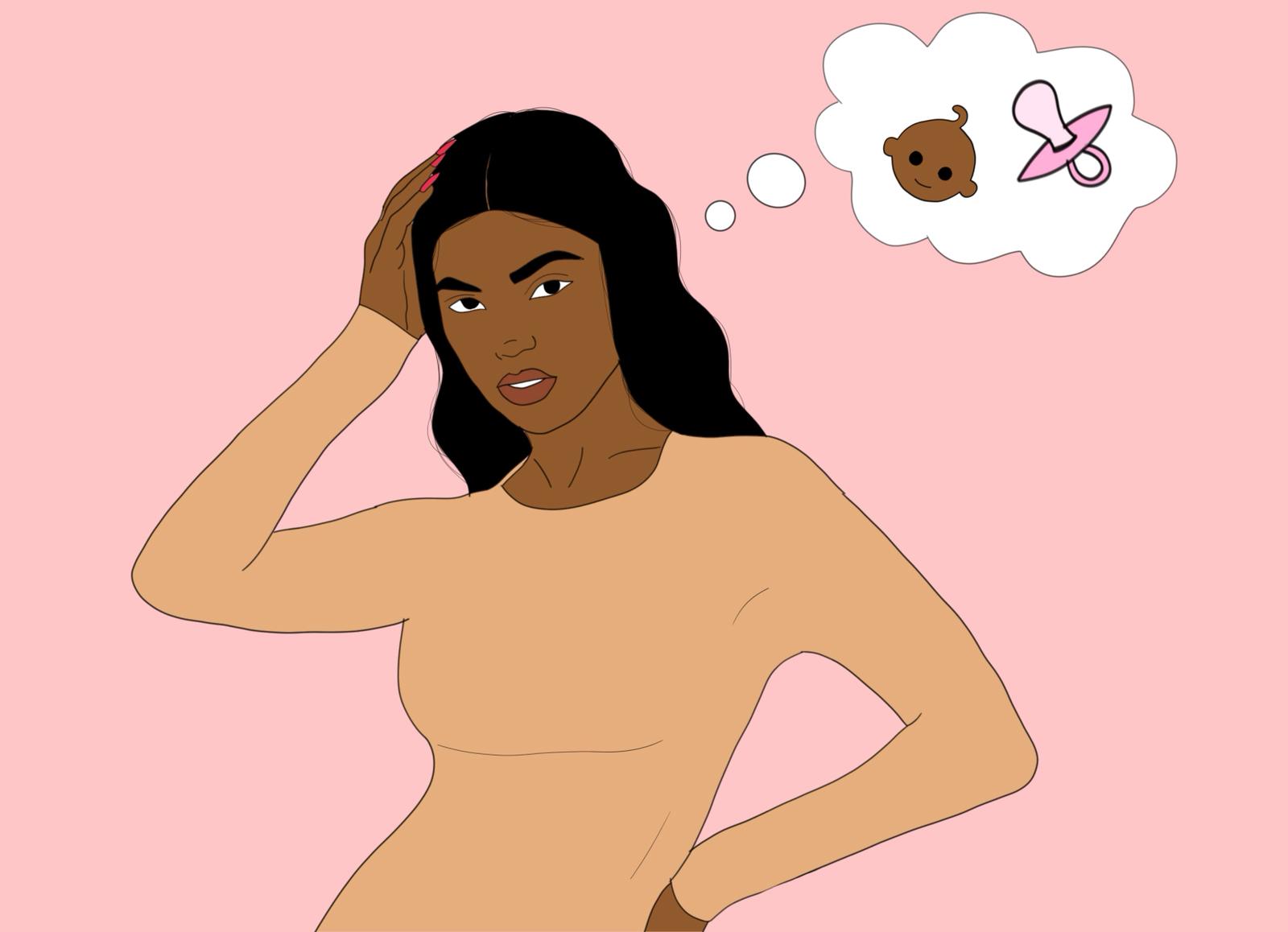There was a time when not having kids was almost unthinkable. Adult life was characterised by populating a two-bed semi with miniature versions of yourself. A failure to do so often resulted in derision (“It’s selfish,” both my paternal grandmother Maureen and Pope Francis decry) or pity (“I’m sure it’ll happen soon. Have you tried folic acid?”). The millennial departure from this is particularly interesting and marks a turning point in generational history that’s emblematic of much greater societal stress and change.
Like most of our generation, I’m a serious sufferer of FOMO. If somebody Instagrams a new brunch place, I’m making a reservation before I’ve even checked my Monzo. If somebody’s making plans and I’m lying in bed with flu watching Judge Judy, I’ll get up and chug Lemsip on the train. Whether it’s a consequence of invasive social media presence or the increasing isolating anxiety of modern life, it’s something as a generation we’ve grown to structure our lives around. It’s a desire to attend, experience and be seen.
It feels strange, then, that in a decade where everything is characterised by this kind of social presenteeism, one thing I’ve never questioned is my choice not to have children.
Taking it to the bank
The cost of living is a huge consideration for millennial women when it comes to having a baby. Despite having better education and social mobility, millennial households earn 20% less than baby boomers did. With the cost of raising a child for 18 years at more than £100,000, for some, the equation doesn’t balance.
When we consider the high percentage of millennial households unable to break out of rental markets and spending increasingly higher portions of our salary on accommodation, wage stagnation in the UK and the impact of governmental austerity on children’s services, it’s no wonder more and more women are looking at a child-free life as a more fiscally responsible option.
Not having kids and work
In addition to this, millennial households aren’t exactly swimming in free time. Longer hours, student debt and the pressure to translate study into success have rendered us the hardest workers ever. This shows in our patterns of child-rearing: for example, I work well over a 9 to 5. Often I commute to our partner studio in London and offices in Leeds, Manchester, and York. Other days I can stay late at the studio I’m based at to finish short deadlines.
I picture myself doing all of that with a baby strapped to my chest. And I also picture a nightmare, late again, pram stuck in the tube barriers, vomit all over my post-its. I could try to negotiate an extra £7,000 on my salary to pay for the relevant childcare but what employer is likely to sign off on that? Careers are hard-won for millennial women so it’s no wonder so many of us are unwilling to give them up or jeopardise them with long periods of maternity leave.
Freedom to choose

Although being childfree by choice can be met with disbelief (“You’ll change your mind!”; “It’ll happen when you’re least expecting it!”) from older generations, it remains more socially accepted now than ever before to decide kids aren’t for you. With many female celebrities choosing not to have children, the more progressive climate of the 2000s represented a paradigm shift in the way society sees women and the beginnings of a cultural untangling of womanhood and motherhood.
As millennials, we also prioritise differently to our parents. We tend to approach the world differently to the way their generation did. We’ve diverged from traditional values and the expected pathway of maturity-marriage-mortgage, and instead ‘settle down’ far later, if at all.
We’re also seeing that there’s no rush when it comes to these things. As the birth rate falls for twenty-somethings, it rises for women in their forties. The stigma against being ‘too old’ is slowly being eroded. So if I start feeling inexplicably broody around my nieces and nephews and become struck by the realisation that not having kids is something I’ll regret, I’ve got another fifteen years to decide.
Not having kids whilst the world’s on fire
Climate change, overpopulation and increasing polarisation of the world wealth gap have made millennial households re-think kids. It’s that’s met with a snort from some relatives. Yet the idea of social culpability on this level has been ingrained into the millennial mindset from an early age and thinking about the kind of parched hellscape your own children could inherit is a sobering thought. With 1 in 7 adults citing it as a reason for voluntary childlessness, it’s certainly something that’s weighing on us heavily.
Riding solo
Although it’s definitely not necessary to have a partner around to raise children, it remains that we’re staying single for longer, minus the stigma attached to previous generations of the single and ready (or not) to mingle. I’ve had visions of bawling children dominating my social life when my friends started pairing up and settling down:
“How about we give Hidden at Downtex a miss this month? Poppy and Adley have been so excited to try out Play Factore-”
…but as 2020 dawns, I’m one of only three in a group of 11 with a long-term romantic partner.
Millennials and mental health
As millennials, we’ve got worse mental health than any other generation before us. We’re far more likely to suffer from depression, anxiety and burnout. Although we are, thankfully we’re much more likely than older generations to seek help for it. The intense stresses of childbearing and childrearing are something that many millennials just don’t want to add into the equation.
As millennial kids, we’re also likely to have witnessed parental separation, relationship breakdown and divorce. For some critics, this fosters a climate of familial depression and anxiety, deterring us from childrearing altogether.
Although mainstream financial journalism is swift to point out why millennials not having kids is a problem for baby boomers, when it comes to retiring and selling expensive property (not a dry eye in the house, I’m sure), it’s comforting to know that we’re part of a generation of parents who appear to be choosing whether kids are for us, instead of accepting it as a fact of life.
We’re fostering a generation of parents who’ve decided that bringing new life into the world is something they want to be a part of, rather than something that they have to put up and deal with. As well as breaking the woman/mother stereotype and moving ever-forward in the quest for career emancipation.
Find more feminism articles here >
Written by Hannah Parkes Smith
Illustrated by Francesca Mariama

